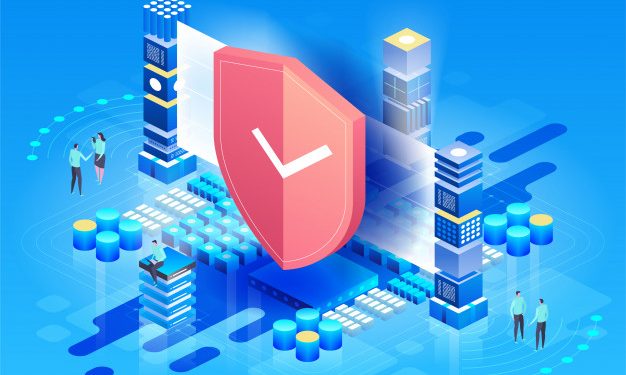This posting appears in PaymentsSource and focuses in on one of the ongoing hot topics in financial services: payables automation. We have been covering these advancements closely now for a number of years, and expect the ongoing convergence of cash cycle digitization during the next X years as paper processes dissipate.
In addition to the traditional reasons for developing a business case around payables automation (or other financial processing systems), which has to do with cost reduction, there is a growing recognition that other factors enter into the calculus. In this piece, the author focuses on fraud risk:
‘Operational efficiency has long been the key to selling AP automation, but a growing payment fraud problem and new risk exposures are giving businesses new reasons to digitize payments…In the past few years, payments fraud activity has been on the rise. The FBI reported that it received 23,775 complaints regarding business email compromise (BEC) related payments fraud with over $1.7 billion in losses in 2019, up from over 20,000 complaints and almost $1.3 billion in losses in 2018, and 15,690 complaints and $675 million in losses in 2017. According to the 2019 AFP Payments Fraud & Control Survey, 82% of financial services executives reported that their organizations had experienced attempted and/or actual payments fraud in 2018, up from 62% in 2014. Also about 80% of executives surveyed in 2018 noted their organization had seen BEC attempts, up from 64% in 2015.’
We agree that paper processes are anathema to safer payments, which we cover in ongoing reports on the subject. We also recognize the opportunity cost associated with missing out on the overall power of data and the ability to use it for more than just cost reduction.
These uses include risk management, improved client relations, least cost processing, working capital flexibility and increased revenue potential. Introducing and expanding digital capabilities across a corporate entity (of pretty much any size) just makes sense, and as we move into the ‘faster’ decade, we see increasing competitive issues for non-adopters.
‘“The critical piece about payments automation is now about protecting the data and the payment, and less so about digitization, even though accounts payable is the last bastion of paper. ERP systems were not meant to secure data and protect privacy, which in the end creates payment risks,” said Karla Friede, co-founder and CEO of Nvoicepay, a unit of FleetCor.’
Overview by Steve Murphy, Director, Commercial and Enterprise Payments Advisory Service at Mercator Advisory Group











